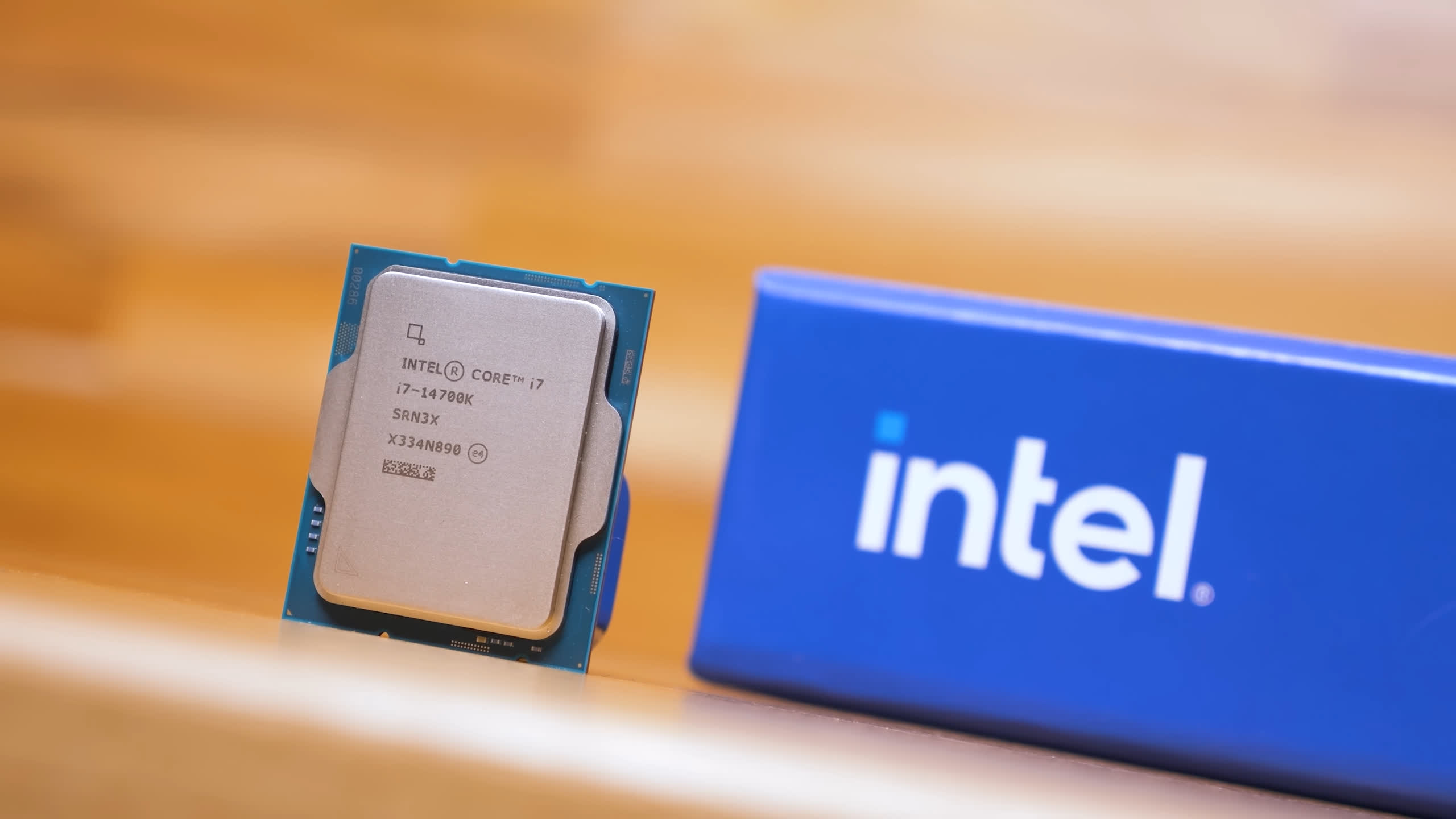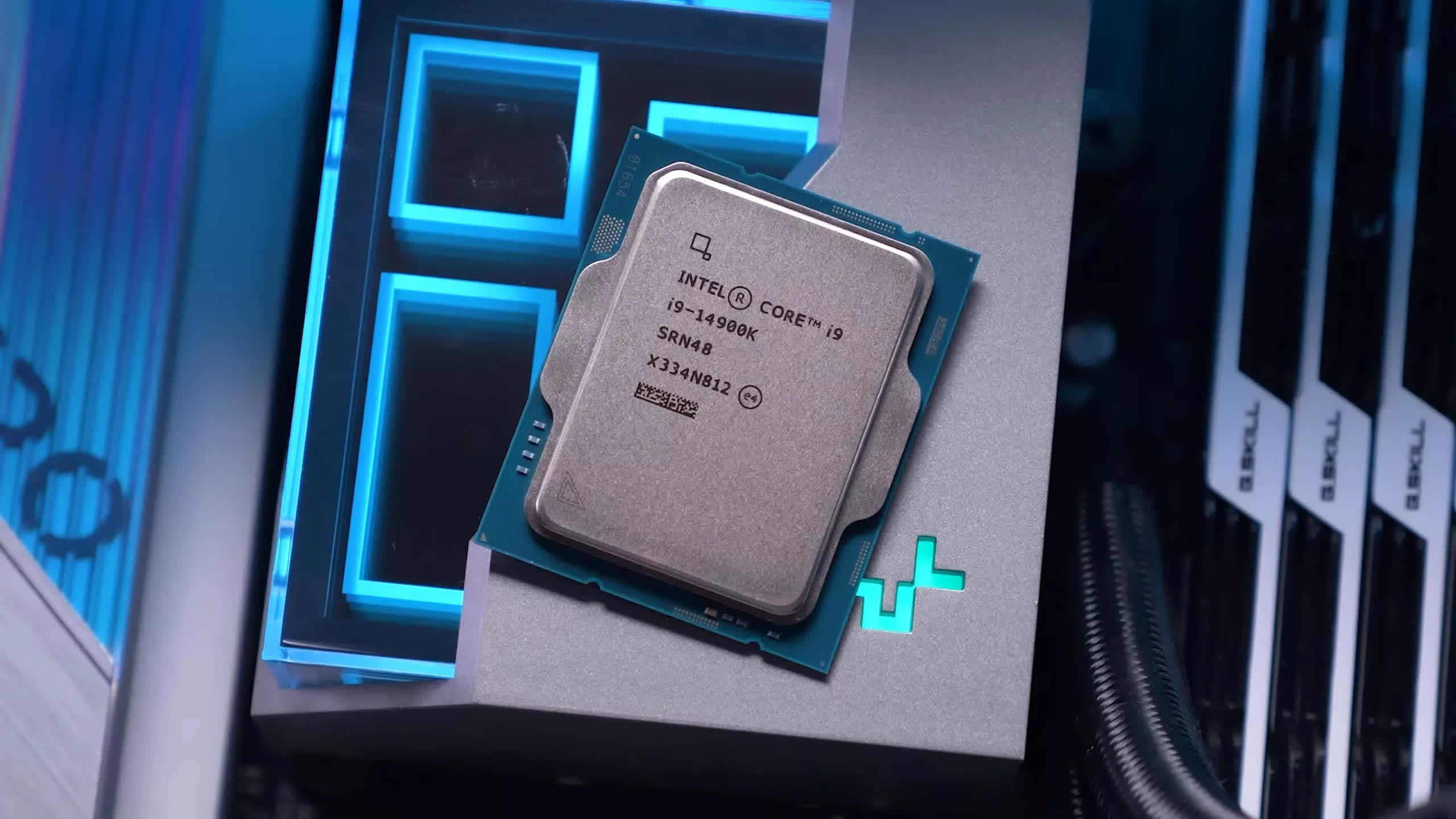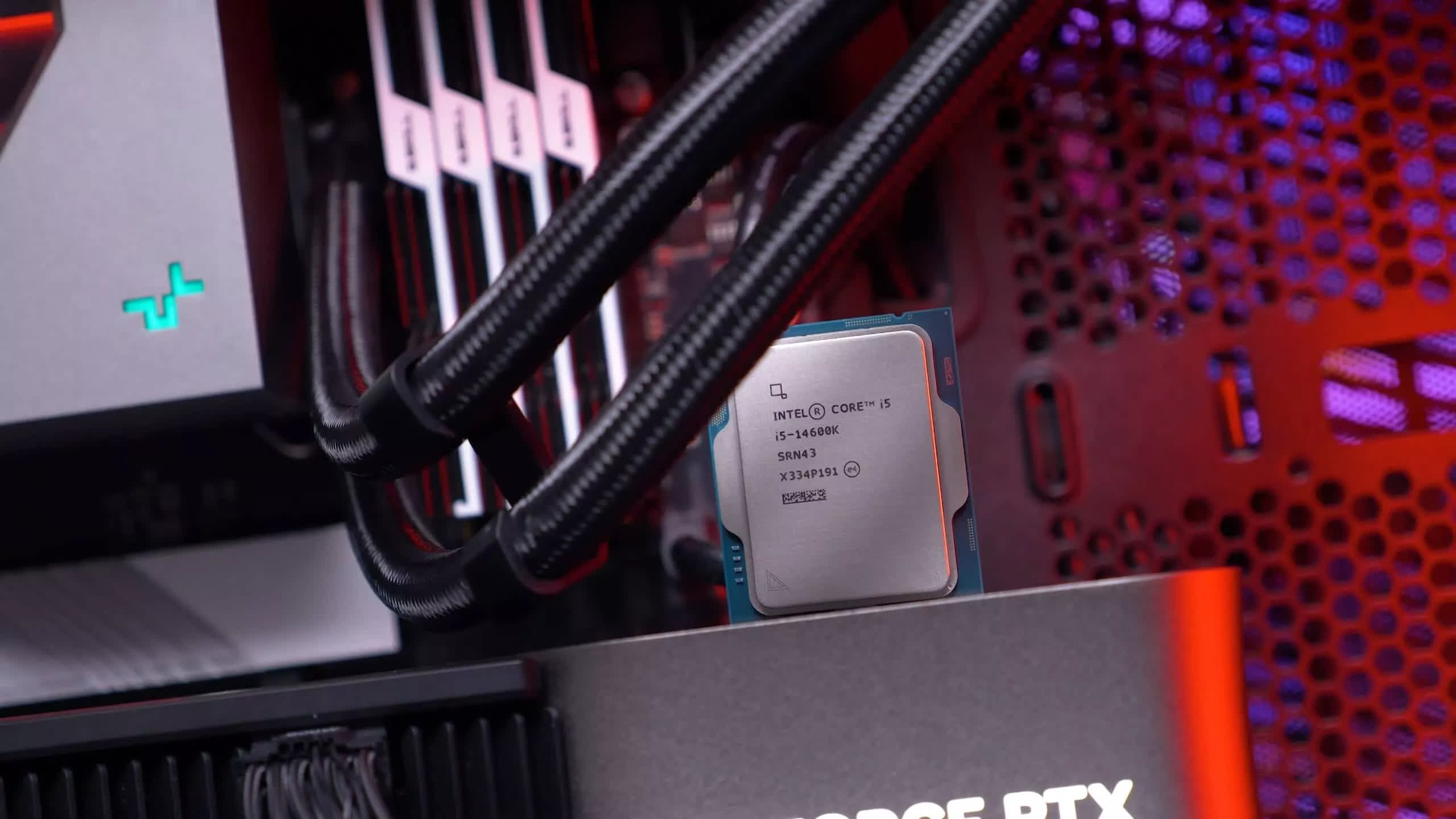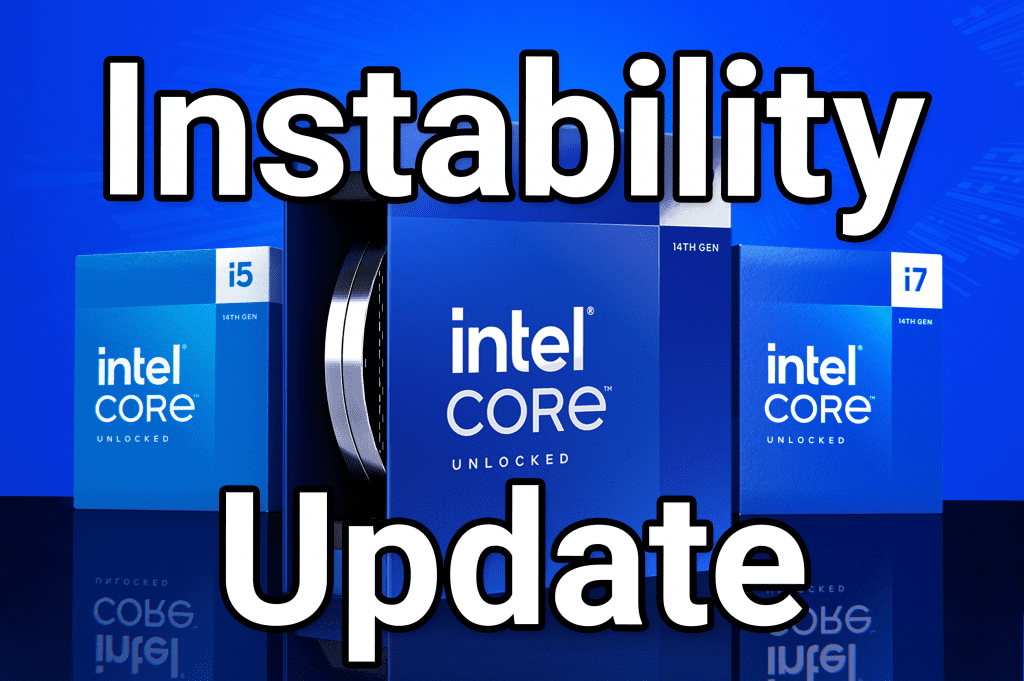In brief: Intel previously confirmed that owners of 13th or 14th-gen Raptor Lake processors that are crashing or suffering from other instability issues must return them to resolve the problem. Now, the company is giving customers more breathing room to order RMAs without additional costs. Those with Raptor Lake CPUs that still work fine should switch to the company's default voltage baselines.

Amid high failure rates, Intel will offer two years of extended warranty for 13th- and 14th-generation desktop processors sold at retail. The company will share further details over the next few days.
The extension only applies to independently purchased boxed CPUs. Customers seeking returns should contact Intel customer support. Impacted Raptor Lake processors purchased with pre-built systems are subject to manufacturer warranties, and users must contact their OEM's customer support.

Retail Intel CPUs normally include a three-year limited warranty. The oldest 13th-gen chips sold around the end of 2022 would have remained within warranty until late 2025. The extension presumably pushes the deadline to Q4 2027 or early 2028.
Owners of chips from Intel's 13th- and 14th-gen Core lineups have reported instability and high crash rates for most of 2024. The issue mostly affects high-end K processors, but recent reports suggest that every desktop CPU with a TDP of 65W or above is susceptible.
Intel traced the problem to a microcode algorithm error, which it plans to address with a mid-August patch. Unfortunately, units already exhibiting instability have likely received permanent damage, so the update won't fix them, thus the warranty extension. Users who haven't yet experienced crashes should engage Intel's recommended baseline voltages and knock on wood.

Chipzilla has refused calls to recall the affected CPUs. Developer Alderon Games suggested a recall after high failure rates pushed the company to switch to AMD processors going forward.
Furthermore, a VFX studio claimed that half of its Intel systems have failed, and a major European retailer reported that RMAs for Raptor Lake processors at least tripled the prior 12th-generation Alder Lake chips. Additionally, Intel faces the threat of a class action lawsuit if enough people find its customer service experience unsatisfactory.
If you put $100 into Intel 25 years ago, your investment would still be worth $100. pic.twitter.com/CxtnA7P8fR
– Trung Phan (@TrungTPhan) August 2, 2024
In other bad news for Intel, the company recently announced a massive round of layoffs. Chipzilla slashed over 15 percent of its workforce – around 17,500 employees. Predicting lower-than-expected revenue for the third quarter, Intel also suspended fourth-quarter dividend sharing.
Intel extends Raptor Lake CPU warranty by two years due to crashing issues

